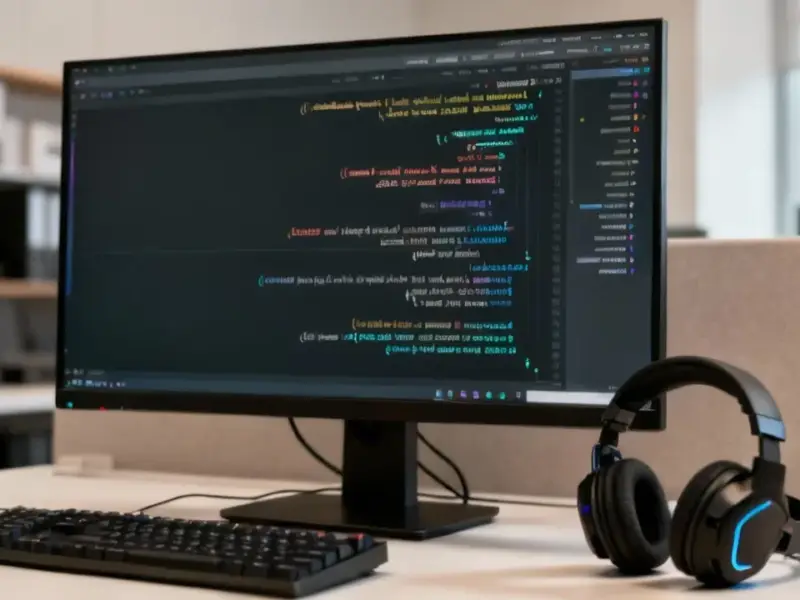According to Polygon, Microsoft Gaming head Phil Spencer publicly congratulated Valve on the Steam Machine announcement this week, calling it a move that expands player choice and reflects Xbox’s core values. Spencer emphasized that gaming moves forward when players have more ways to play across open platforms, positioning Microsoft as welcoming new options for game access. However, Microsoft’s actual track record with Steam Deck compatibility reveals a more complicated picture – while some titles like Gears of War: Reloaded and Avowed are Steam Deck verified, recent releases like The Outer Worlds 2 are merely “playable” with potential UI and text issues. This comes as Steam Machine positions itself as a living room PC gaming solution that could directly compete with Microsoft’s next hardware generation.
Public Praise, Private Problems
Phil Spencer’s congratulatory tweet sounds magnanimous, but he kind of has to play it that way. When everyone’s speculating that Steam Machine might threaten Xbox’s future, the smart PR move is to sound unbothered. “Gaming moves forward when players and developers have more ways to play and create,” he wrote – which is corporate speak for “we’re not threatened, everything’s fine.” But here’s the thing: Steam Machine isn’t just another PC gaming option. That petite cube with its console-like form factor sits right in Microsoft‘s wheelhouse. It’s basically targeting the exact same audience that might otherwise buy whatever Xbox puts out next.
The Steam Deck Precedent
Microsoft’s approach to Steam Deck tells us everything we need to know about how they might handle Steam Machine. Look at their track record – it’s all over the place. Some games get full Steam Deck verification, meaning they run perfectly out of the box. Others are just “playable,” which basically means “good luck, hope it works.” The Outer Worlds 2 being merely playable is particularly telling. This is a writing-heavy RPG perfect for handheld play, and the Steam Deck audience loves these kinds of games. Elden Ring, Cyberpunk 2077, Fallout 4 – these are among the most-played Deck titles. So why wouldn’t Microsoft optimize one of their biggest recent RPGs for this platform?
Competitive Realities
Steam Machine represents a much bigger threat to Microsoft than Steam Deck ever did. The Deck is a portable – it’s complementary to your main gaming setup. But Steam Machine? It’s going after your living room TV, the traditional console space. Valve says they don’t consider it a console, but let’s be real – if it looks like a console and acts like a console, consumers will treat it like one. And if Valve prices this thing competitively and markets it well, mainstream audiences could absolutely latch onto it. That puts Microsoft in a tough spot. Do they fully support a device that might cannibalize their own hardware sales?
Microsoft’s Dilemma
So what does Microsoft actually do here? They’ve been pushing this “play anywhere” philosophy for years, arguing that platforms might become irrelevant. But Steam Machine tests that commitment like nothing before. Supporting it fully means helping a direct competitor succeed. Holding back support makes them look hypocritical. My bet? We’ll see the same half-measures we’ve seen with Steam Deck – some games will work great, others will be barely functional. They’ll technically honor their “open platform” rhetoric while making the experience just inconvenient enough that Xbox hardware remains the better option. It’s corporate chess, and we’re all just watching the pieces move.




